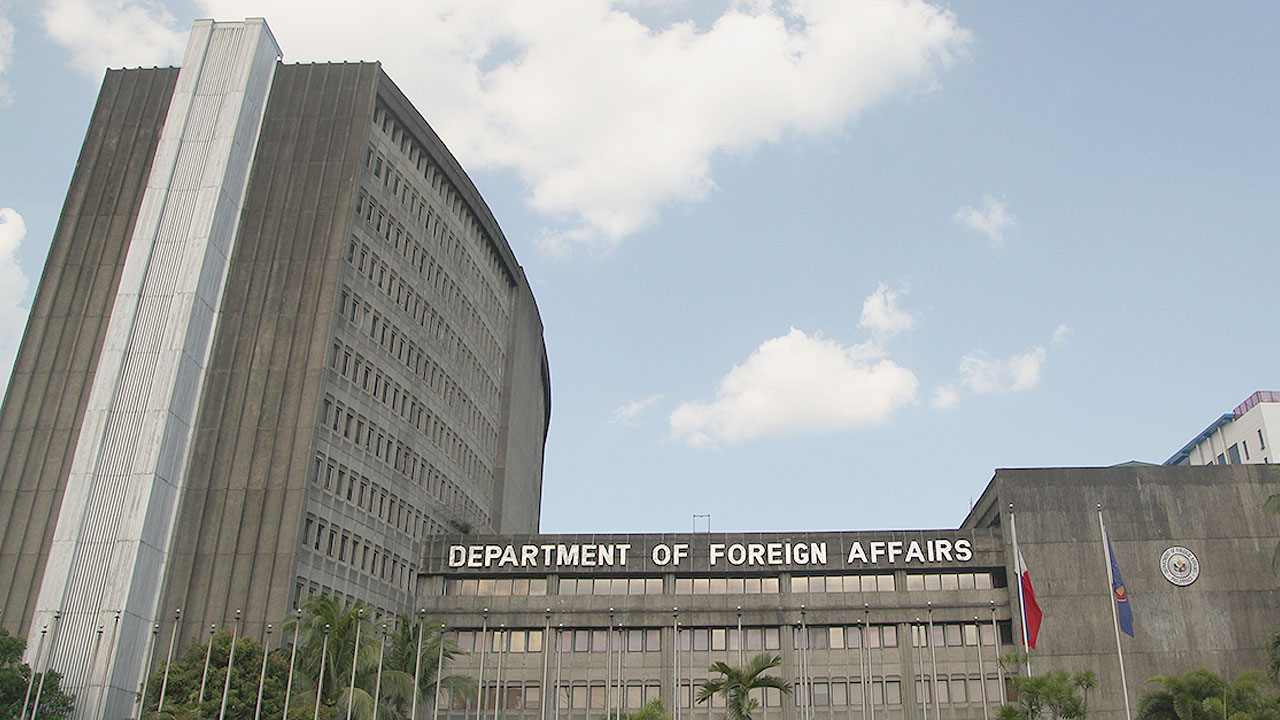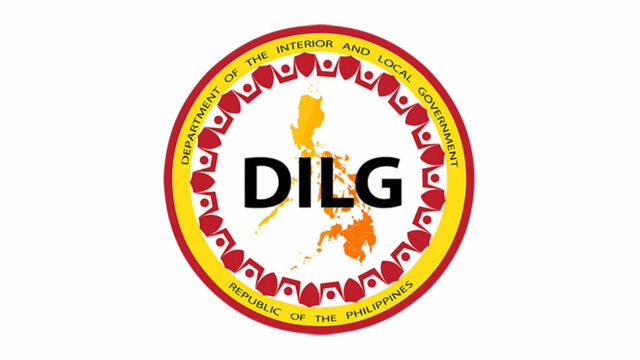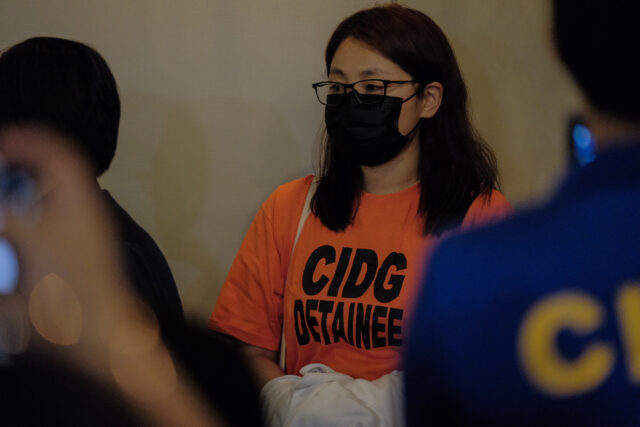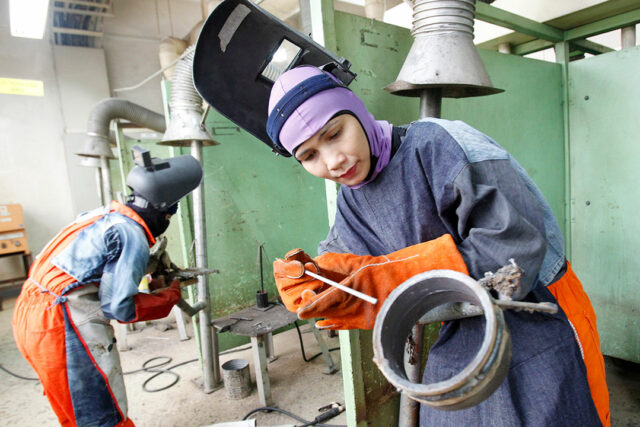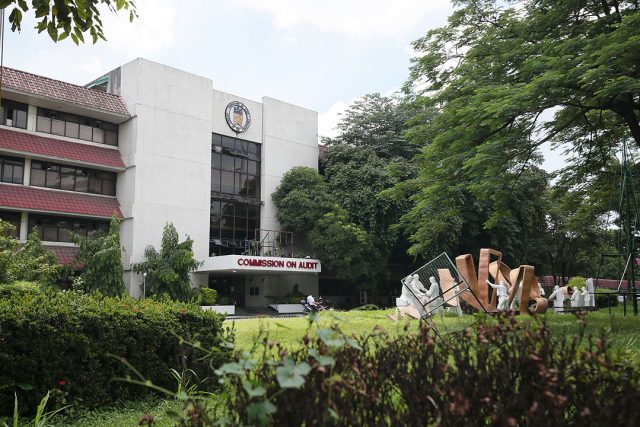By Kyle Aristophere T. Atienza and John Victor D. Ordoñez, Reporters
PRESIDENT Ferdinand R. Marcos, Jr. on Tuesday signed into law a bill requiring the Philippine government to pursue a defense posture reliant on local manufacturers.
This followed the start of the Philippines’ two-week joint military exercises with the United States and four other countries, which an analyst said, builds the country’s capacity to defend itself.
The Self-Reliant Defense Posture Revitalization Act, which goes into the books as Republic Act (RA) No. 12024, seeks to boost local production of defense equipment. It will enable the Philippines to develop technologies to counter “unconventional threats,” he said in a speech at a signing ceremony at the presidential palace in Manila.
He cited cybersecurity breaches, chemical attacks, and radiological threats as “pressing realities.”
“With this, we are broadening our perspective on defense. We are not just looking at tanks and rifles,” Mr. Marcos said. “We are building capacities that address these unconventional dangers head-on.”
He called for systems and strategies that are “reactive and predictive, allowing us to stay a step ahead of those who wish harm to the Philippines.”
The law tasked the Department of National Defense with formulating and implementing a Self-Reliant Defense Posture Program for the short-, medium-, and long-term needs of the defense sector.
It seeks to give preference to Filipino-owned enterprises in terms of the development, servicing, and operation of defense material in the country. These include military technology, arms and ammunition, combat training, weapon systems, and armor.
The new law complements the military’s Comprehensive Archipelagic Defense Concept, which seeks to ensure the country’s maritime zones amid Chinese aggression at sea.
Bills seeking to define and declare the Philippines’ maritime zones and establish sea lanes are now up for Mr. Marcos’ signature.
“The passage and signing of this law send a strong message that we are serious about protecting our sovereignty and securing our future,” House Speaker Martin G. Romualdez said in a statement.
The revitalization of the local defense industry will contribute to economic growth by creating jobs, advancing technological innovation, and “fostering a culture of self-reliance within the defense sector.”
This law will not only strengthen our security but also open up opportunities for our industries to grow and innovate,” he said.
Joshua Bernard B. Espeña, vice-president at the Manila-based International Development and Security Cooperation, said it’s timely for the Philippines to create an ecology of indigenous defense systems “against the backdrop of increasing insecurity of Philippine sovereignty across kinetic and cyber domains.”
“While it is apt to import sources of defense materiel, it is also timely to create an ecology of indigenous defense systems for Manila to supply the necessary ‘mass’ of capabilities needed for conventional, yet asymmetric, warfare scenarios,” he said in a Facebook Messenger chat.
“The country has a lot of natural resources to offer such as rubber, tin, timberwood, precious metals, and rare earth materials across the archipelago to create, assemble, repair, and sustain capabilities like drones, trucks, munitions, and corvettes,” he said.
To harness the law’s potential, Mr. Espeña said the Philippine government needs to help local manufacturers be on par with institutions aligned to the North Atlantic Treaty Organization (NATO), a military alliance of over 30 states.
NATO’s defense technology accelerator DIANA last month chose 10 companies to transition to the second phase of its innovation program that brings funding and tailored support for creators of disruptive and emerging technologies responsive to the needs of defense markets.
“In the long run, the future is not just to supply the country’s security sector but also to export these products to the larger globalized defense industry, whose logic is not friendly to those unwilling to export and compete,” Mr. Espeña said.
JOINT DRILLS
The signing of the law comes as US Navy, marines and their Filipino counterparts on Monday kicked off their two-week joint military exercises in Subic Bay aimed to boost interoperability between military forces, the US Defense department said on Tuesday.
“What began as a bilateral event between the United States and the Philippines has grown into a multilateral and multiplatform operation, bringing together like-minded partners from across the Indo-Pacific,” US Rear Admiral Todd Cimicata said in a statement, published by the agency’s Defense Visual Information Distribution Service (DVIDS), on Tuesday.
He said the Sama Sama exercises, which translates to togetherness in Filipino, is crucial to upholding the commitment to peace, security and cooperation in the maritime domain.
The navy and marine forces will conduct high intensity drills focusing on anti-submarine, anti-air and anti-surface warfare, along with the use of maritime surveillance aircraft, according to DVIDS.
This year’s drills will also include participation from military and navy personnel from Australia, Japan, Canada, France, and Japan, it added.
“This exercise is a powerful investment for our collective movement and an opportunity to address regional challenges together,” Philippine Rear Admiral Jose Ma. A. Ezpeleta was also quoted as saying.
Vessels participating in the drills include the US Navy’s Arleigh Burke-class guided-missile destroyer USS Howard DDG 83 and a P-8A Poseidon maritime surveillance aircraft.
The US Marine Corps’ Marine Rotational Force – Southeast Asia (MRF-SEA), which is starting its six-month stint in the Southeast Asian region, will also participate in the exercises.
CAPACITY BUILDING
Raymond M. Powell, a fellow at Stanford University’s Gordian Knot Center for National Security Innovation, said the joint exercises demonstrate viable long-term and short-term capacity building for the Philippine military with its allies in Washington.
“In the short term, they demonstrate that there is a vibrant alliance with the US, which deters direct military aggression against Philippine forces. In the longer term they build Philippine capacity to act in its own defense,” he told BusinessWorld in an X message.
Tensions between the Philippines and China have worsened in the past year as Beijing continues to block resupply missions to Second Thomas Shoal, where Manila has a handful of troops stationed at a beached vessel.
Washington had left its Typhon missile system in the Philippines after joint exercises in April amid Chinese demands to withdraw it from the Southeast Asian nation. The US does not plan to pull it out and is studying its use in a regional conflict, Reuters earlier reported.
China and Russia have criticized the move, saying it could fuel an arms race in the region.
“The problem right now is that Beijing believes it has established clear precedent for certain kinds of aggression that do not draw a sufficiently negative response,” Mr. Powell said.
Philippine Foreign Affairs Secretary Enrique A. Manalo has said Manila does not want to gang up on Beijing with the international community as it considers bringing up its dispute with China before the United Nations General Assembly (UNGA).
Senators have been pushing for the Philippine Foreign Affairs Department to file a resolution with the UN body condemning China’s aggression in the South China Sea.
“The legal card has its value, but the country should not overly focus on it. The debacle in enforcing the 2016 arbitration award is instructive,” Lucio B. Pitlo III, a research fellow at the Asia-Pathways to Progress Foundation, said in a Facebook Messenger chat.
“A judicious mix of defense, diplomatic tools, informational and economic tools should be pursued.”
Manila also eyes raising its dispute with China with the Association of Southeast Asian Nations (ASEAN) when it heads the regional body in 2027, Mr. Manalo earlier told senators.
The ASEAN and China have been in talks as far back as 2002 to craft a code of conduct in the South China Sea.
In 2016, a United Nations-backed tribunal based in the Hague voided China’s claim to more than 80% of the South China Sea for being illegal.
The Philippines has been unable to enforce the ruling and has since filed hundreds of protests over what it calls encroachment and harassment by China’s coast guard and its vast fishing fleet.
“Through exercises like Sama Sama, we continue to improve our interoperability and our readiness while deepening our understanding of each other’s capabilities,” Mr. Cimicata said.


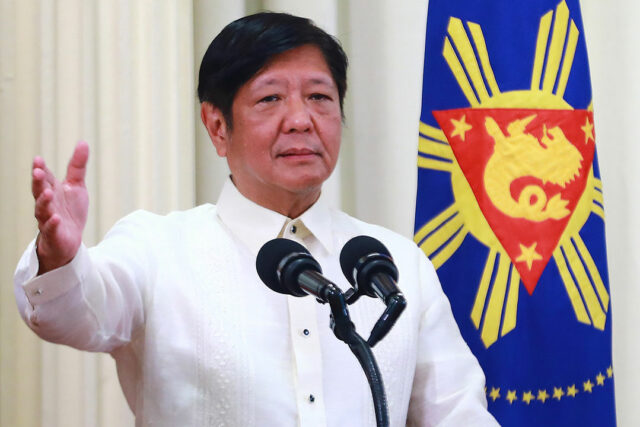
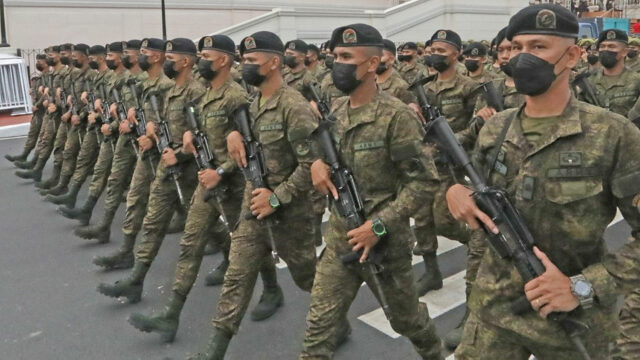
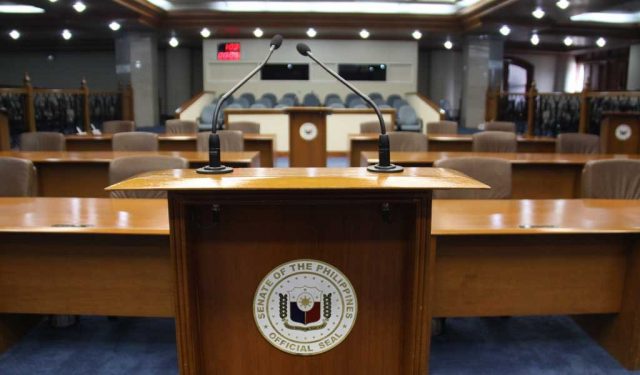
 By Kyle Aristophere T. Atienza,
By Kyle Aristophere T. Atienza, 